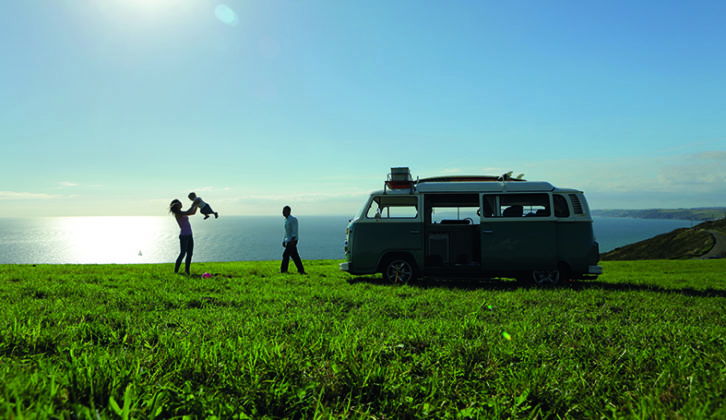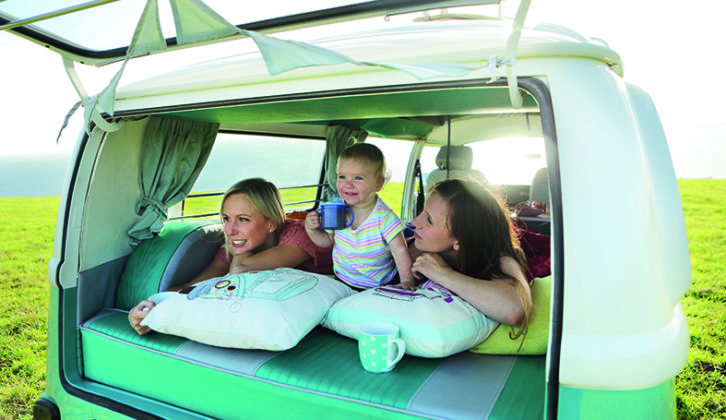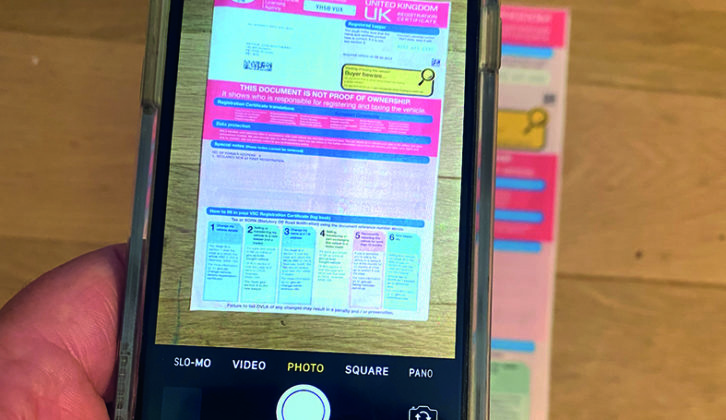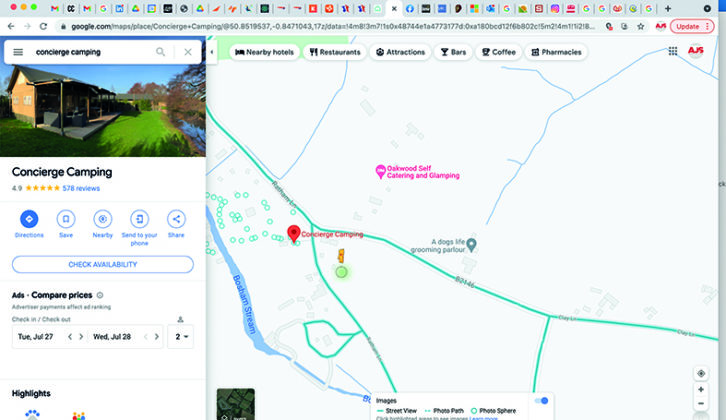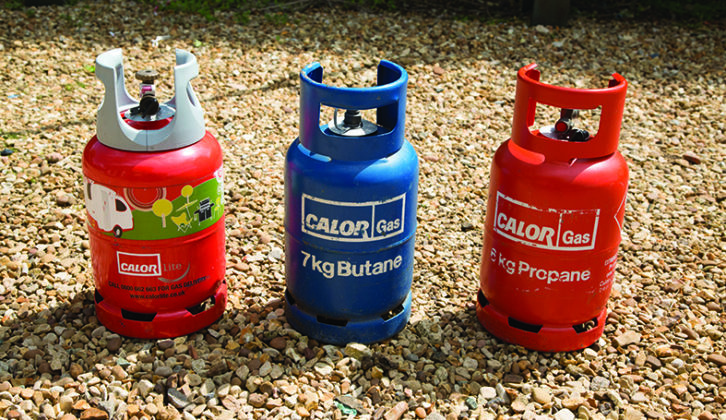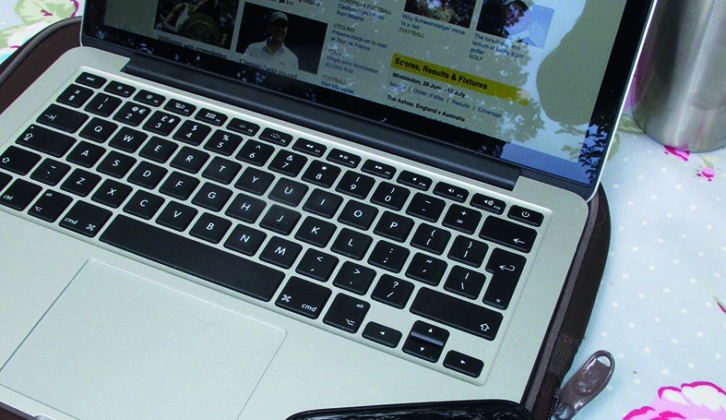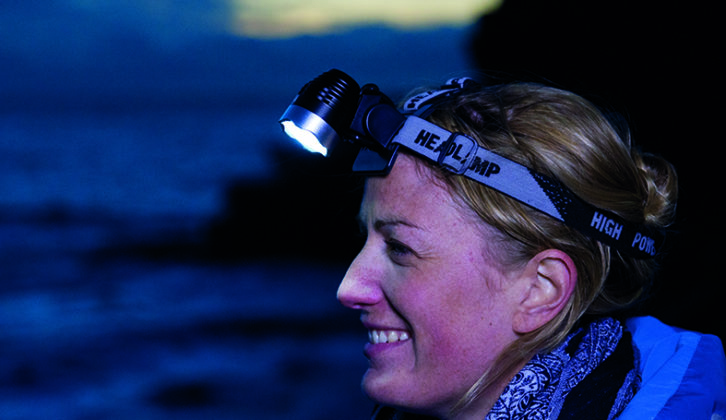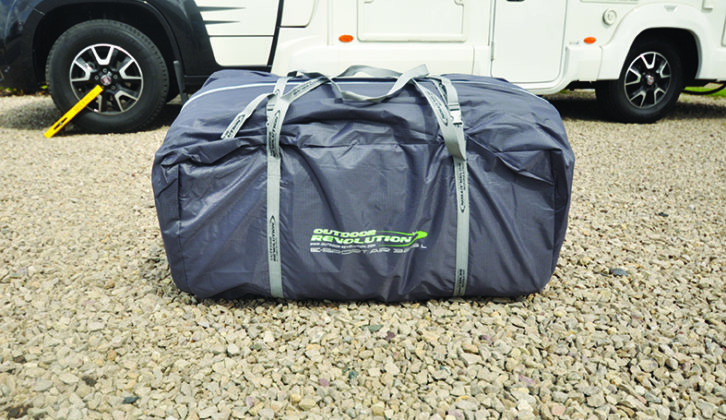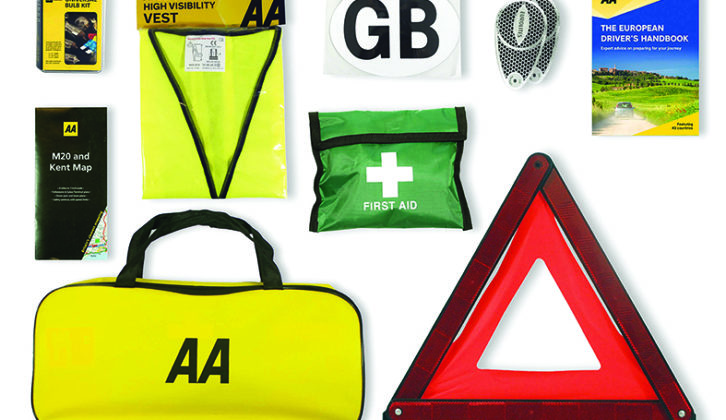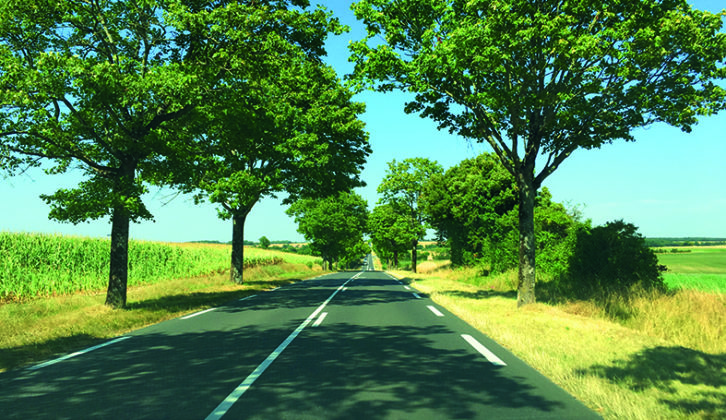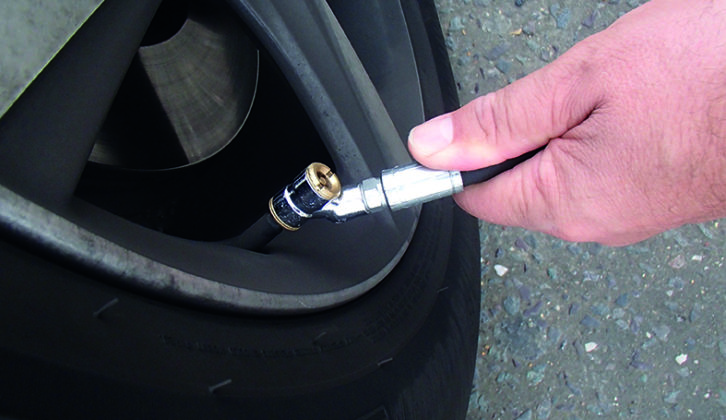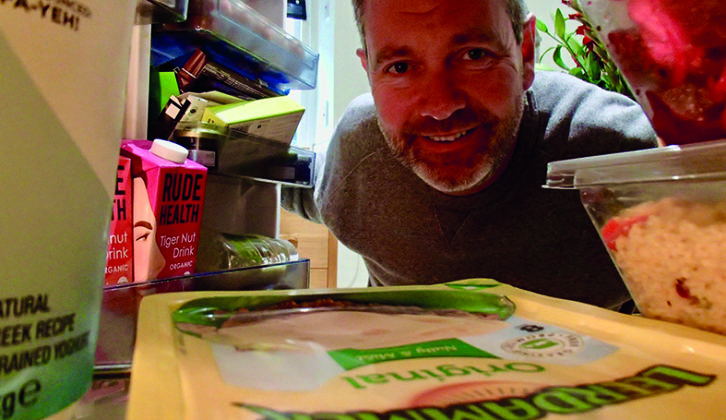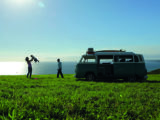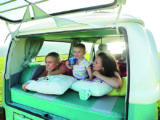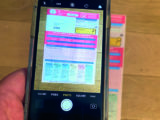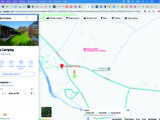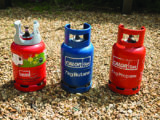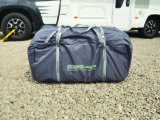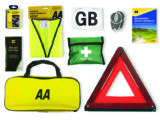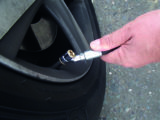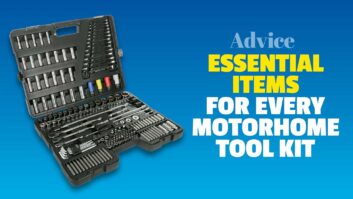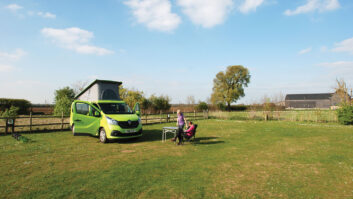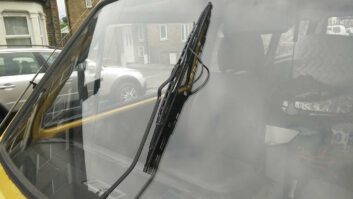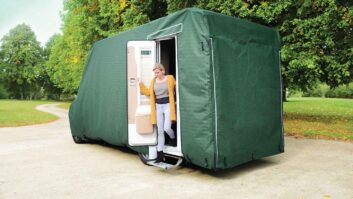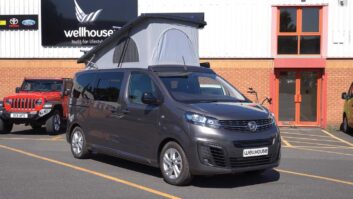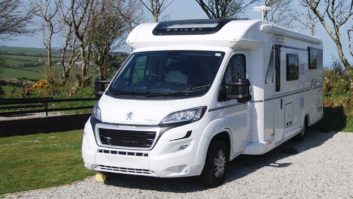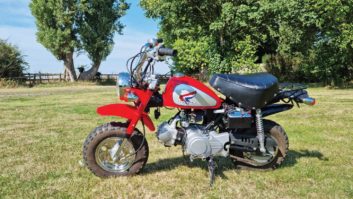Coming to motorcaravanning as a newbie involves a pretty steep learning curve. On each trip, you’ll almost certainly learn something new, and all of these things should help to make your touring lifestyle that bit easier and more enjoyable.
But even experienced motorhome owners can benefit from useful hints and tips, so here are ours, covering everything from buying your vehicle, to getting out on the road, setting up on site, and safe storage.
In addition, we’ve included touring abroad!
Buying a motorhome
At certain times of the year, there are some great deals available on motorhomes, because many dealers will be aiming to sell off remaining stock, ahead of the next season’s new arrivals on the forecourts.
If you are prepared to buy a 2020 model in 2021, you could save a lot of money. However, having said the, do bear in mind that the pandemic’s dramatic effect on vehicle production and supply chains, and increased sales, means this might not be the case for now.
Dealer-special motorhomes are new models with specifications created by a dealership, exclusively for them to sell. Often, these vehicles come with a host of extras, to a value far in excess of the higher price you’ll pay.
Choose your model carefully and you can grab a bargain. Just make sure those extras do add to the ‘van’s value.
Dual-fuel hobs (which usually prodded three gas burners and an electric hotplate) are a great option, as they offer you the ability to carry on cooking if you either run out of gas or trip the electric hook-up.
As with all other financial transactions, if a motorhome deal looks too good to be true, it almost certainly is.
There are dozens of scam ads online, where a vehicle with a value of, say, £40,000+ is available for £20,000.
The motorhome ‘vendor’ will often weave a convoluted but plausible tale about the ;van being abroad, and you can generally only contact these people by using email. Avoid!
If you are buying privately, ideally you should buy from the seller’s home. Carry out a pre-purchase vehicle history check, which can help ensure that the vehicle isn’t stolen. Companies that offer this include the AA and RAC; you can also do an HPI check. You can find out more details on buying used here.
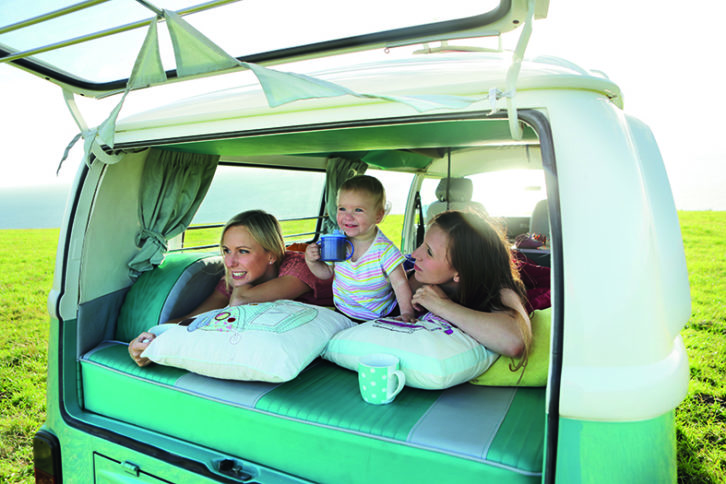
Negotiate hard when buying your motorhome. You might be able to reduce the price of your purchase, get more money for your trade-in, or even bag a few useful freebies.
Buying your motorhome at one of the NEC events can often achieve the best deal, with valuable items being thrown in as show-time sweeteners.
When buying any motorhome, consider spending the first night at a site near the dealership, while you check everything is working.
Many dealers have arrangements with local campsites, while some – Lowdhams, for instance – operate a small site at the dealership itself.
Some motorcaravanners like lots of gadgets and accessories, but think about the weight of those extras.
For example, an air-con unit can take 25kg out of your payload and a roof-mounted satellite dish 15kg. Add them up and that could be a huge chunk out of your motorhome’s precious payload.
And, of course, that’s before you even think about packing all of your essential clothing and food supplies!
If you regularly make heavy use of the gas supply, for example by going off-grid, you might consider having a self=-fill gas system, such as Safefill – its refills can cost around 60p per litre, compared with up to £2 per litre from some of the gas bottle rental firms.
Motorhomes with the washroom located in the middle, creating an en-suite bedroom to the rear of the vehicle, often feature a longitudinal island bed between the back wall and the washroom bulkhead wall. This popular layout looks great, but because of the resulting restrictions in space, some of the rear beds aren’t going to be hugely long – you should bear this in mind if you’re tall.
Paperwork
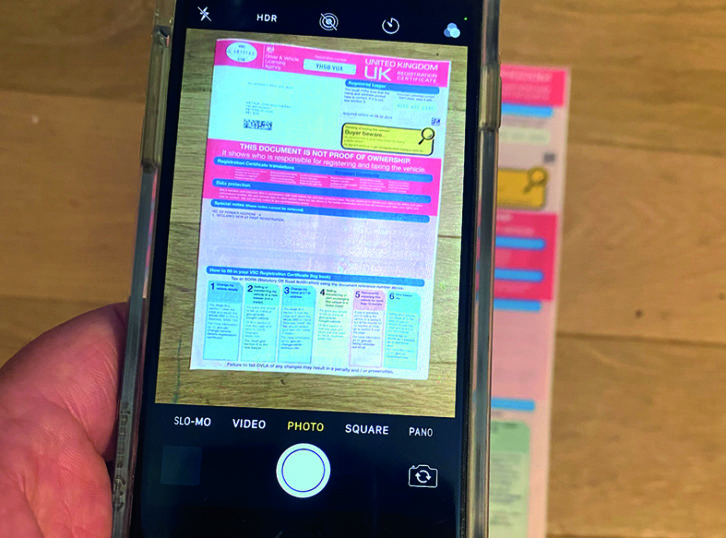
Heading away in the ‘van for more than 30 consecutive days? Remember to let your home insurance company know before you travel.
Some insurers insist that you keep a fire extinguisher in your motorhome. Does yours? It’s important to check, as failure to provide one could invalidate your cover in the event of a fire.
Photograph all important vehicle and travel documents, and store images on your phone and in the cloud as back-up.
Consider one of the major clubs’ breakdown and recovery packages – they repatriate your vehicle and where possible, help continue your holiday. The Camping & Caravanning Club is associated with the RAC, while the Camping & Motorhome Club has links with Mayday/Red Pennant.
New motorhomes often have strict servicing schedules – missing a service date could jeopardise your warranty.
Planning your trip
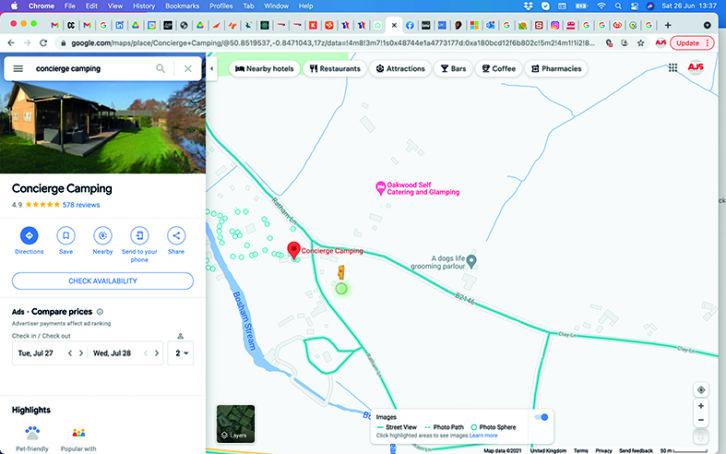
When touring long distance, consider leaving a day or two ‘spare’ at the end of your holiday, and keep an eye on the weather. If it looks poor, this should allow you to avoid driving in it.
Use Google Maps and Street View to check your campsite and its access roads, especially with a large ‘van.
If you’re heading out into the wilds, carry a spare gas regulator in case of any issues.
Consider a motorhome-specific sat nav, which will help you to avoid driving on unsuitable routes.
Use your phone and a navigation app, such as Waze, instead of sat nav – it has a free version and is worldwide. You could even have your directions delivered by Boy George!
On the road
Always carry a good selection of spare fuses in your motorhome toolkit – blown fuses are common, and UK-spec fuses are not so easy to obtain abroad or in more rural parts of Britain.
It’s wise to maintain a basic toolkit. Essential items are screwdrivers (flat and Phillips), pliers, a Stanley knife and an adjustable spanner.
It can also be handy to pack a range of spanners and/or a socket set, a file and a junior hacksaw. Gaffer tape and WD-40 will often come in useful, too.
At the campsite
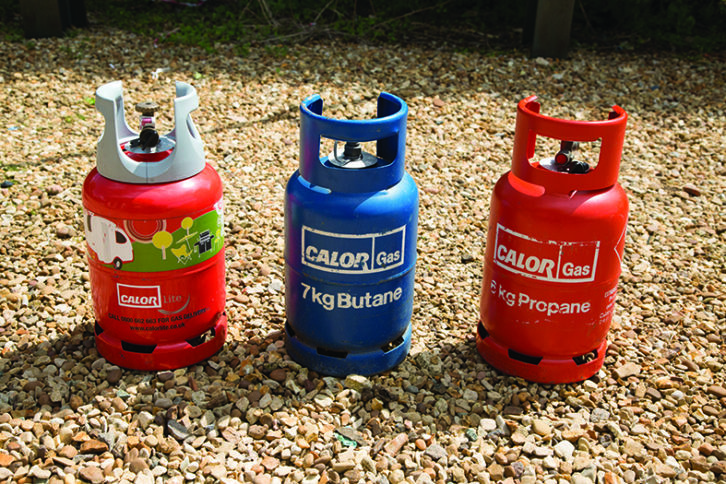
If your 12V electrics start playing up, it’s always worth checking that your battery terminals are fitted tightly. Loose terminals can have all sorts of strange effects.
Calculate which appliances you can use on your electric hook-up before you trip the post. Here’s how: Watts (W) = Volts (V) x Amps (A).
The voltage is 230V, so if, for example, a small grill is 2000W, it is going to require 8.7A of current (2000/230).
Meanwhile, a 30in domestic TV, at 60W, will only be drawing around 0.25A.
Typically, UK campsites provide a 16A feed, which will give you a total of 3680W to work with.
If you are touring abroad, amperages can be much lower, say 10A, which gives you just 2300W in total.
Consider buying some low-wattage kitchen appliances, such as kettles and toasters, if you know that your campsite only offers low-amperage hook-up. For example, domestic kettles require 3kW, while 750W versions are also available.
Choose propane gas if you intend to tour in the winter months. Propane turns from liquid to gas in temperatures as low as minus 40°C, while butane stops ‘gassing’ at around minus 2°C, so might not function even in normal British winter conditions.
If you enjoy listening to music while you’re on tour, think about taking an outdoor Bluetooth speaker with you, for tunes in the ‘van, on the pitch or at the beach; one example is the Carbon Audio Zooka (£40 new on eBay) with a Bose SoundLink Mini (£170). be sure to remain considerate to your neighbours when playing any music, however.
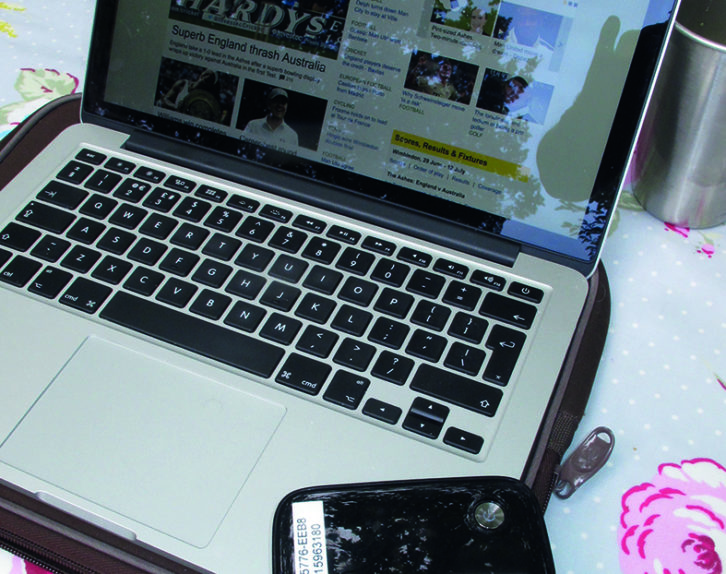
For accessing the internet while on the move, consider buying or renting a MiFi dongle. These clever devices use 3G, 4G and (soon) 5G to create a Wi-Fi hotspot that several of your phones, tablets or laptops can log in to. In our experience, they’re effective in all but the most rural settings.
Check with your campsite to find out what the mobile reception is like when you book your stay. Alternatively, with good 3G or 4G phone reception, simply use your mobile hotspot as a Wi-Fi hub.
Just type ‘Wi-Fi dongles’ into your search engine to check out the best current prices and deals.
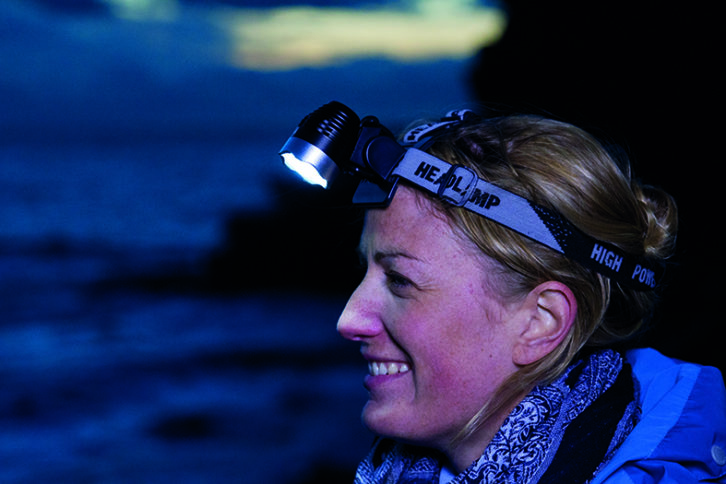
Headtorches are really handy for motorhome tasks carried out in the dark, such as turning gas bottles on and off, or late arrivals on site, because they leave your hands free. Petzl is one of the market leaders, with a range of great products starting at prices below £20.
If you use an awning, it’s best to take it down (or roll it back in) the night before you depart, so long as it is totally dry. Otherwise, morning condensation, even in summer, could damage the fabric if it’s packed away before it’s dry.
Never store gas cylinders on their site, and ensure that the vents at the bottom of your gas locker are left clear.
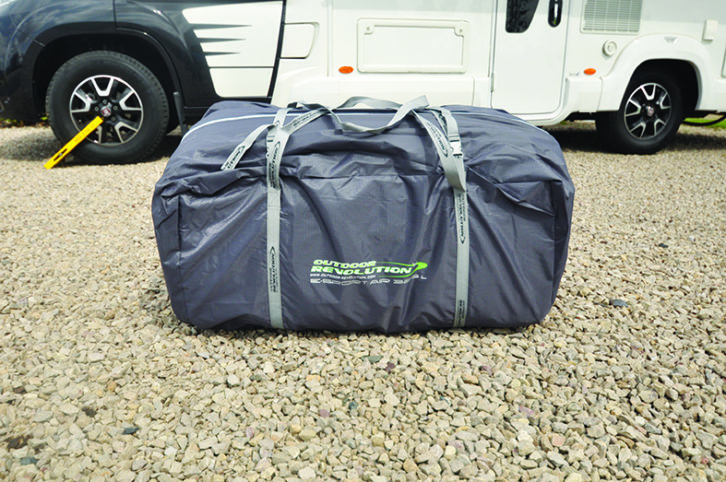
Powder-filled fire extinguishers should be given a good shake on a regular basis, to ensure the contents are kept loose. A fire blanket should also be a part of your essential motorcaravanning kit.
Be sure not to leave your electric hook-up lead tightly coiled when it’s connected to the bollard and your ‘van – it will generate heat and in extreme cases could melt or catch fire.
Touring abroad
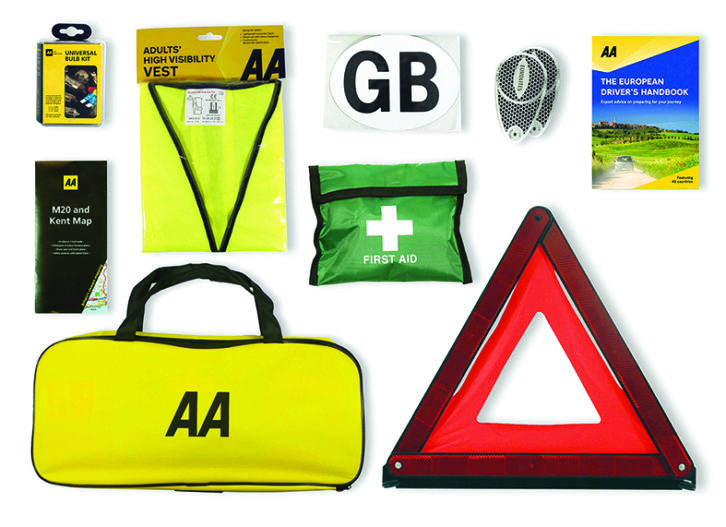
It’s more important than ever to plan motor caravan trips to Europe in advance.
Begin by choosing your Channel ferry crossing carefully, bearing in mind the cost, distance and practicalities.
If you are heading for Spain and the south-west of France, consider using the Brittany Ferries Santander or Bilbao routes, which take 24 hours. These are not cheap crossings, but after you’ve factored in fuel and tolls when going by road, what price would you put on four extra days of holiday?
When planning any holiday abroad, don’t forget to apply for the new Global Health Insurance Card (GHIC), which you’ll need as soon as your current EHIC expires. The GHIC replaces the EHIC and provides you with reduced-cost, or sometimes free, medical treatment.
GHICs are free, and easy to apply for, so avoid using any websites that want to charge you for this service.
Make sure that everyone in your party has suitable travel insurance – including any pets you might be taking, too.
When driving anywhere in Europe, you should make sure that you carry at least the following items in your ‘van:
- Spare vehicle bulbs
- Fire extinguisher
- First aid kit
- Headlight beam deflectors
- One or two warning triangles
- Hi-vis vest for each occupant (kept within easy reach)
- Second pair of prescription glasses (if you are driving in Spain)
For other things that you may need to take with you, see www.theaa.com.
Following Brexit, you might also need to have a Green Card, an International Driving Permit (£8.50 from the AA or £5.50 from selected Post Offices) and a UK sticker. You can check the requirements for your specific destination online with the RAC.
In France, municipal campsites often refuse to accommodate twin-axles. Check with your site before you travel.
In the UK and across Europe, many cities are introducing low-emission zones (LEZs) to improve the air quality in urban areas. For example, in France, Paris, Lyon and Grenoble have been early adopters of the scheme. If you are planning to drive in cities that operate an LEZ, you will need to display the appropriate windscreen sticker (Crit’Air in France, for example). You can check out the LEZ status of your destinations online.
For all motorway trips in Switzerland and Austria, you’ll need a windscreen sticker, or vignette. They’re available at the border or online before you go.
Make sure your vehicle insurance providers are aware that you will be heading abroad in your motorhome. Let them know in advance and they can supply you with a document in various languages, which will confirm that you are insured.
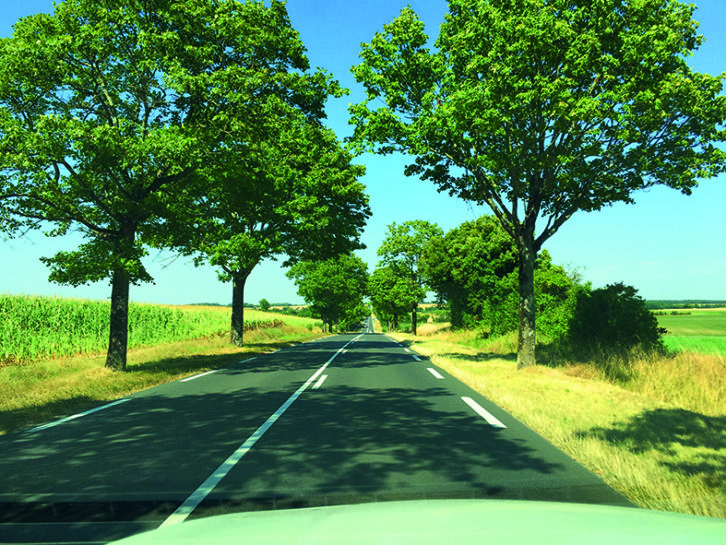
When you are planning Continental touring holidays, make sure that you have enough gas cylinders onboard, because European gas bottles are not compatible with UK systems. For longer breaks, you might need to pack a Continental pigtail adaptor.
Keep sufficient cash in your vehicle when you are using Péage toll booths; some of these can be a bit fickle with foreign payment cards. If you are travelling in France, you might consider using Routes Nationales instead of toll roads. These tend to be quieter, prettier and more interesting, with gorgeous scenery and traditional French villages, where you can stop off to enjoy delicious refreshments.
When inflating your motorhome tyres for travel on the Continent, remember that there are 14.5psi to 1 bar.
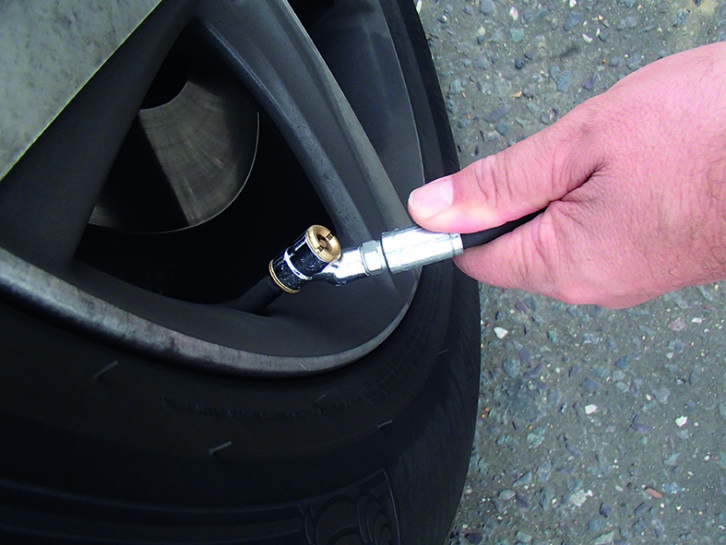
We would not recommend making an overnight stop at France’s autoroute aires or service stations. These areas have a reputation for being targeted by thieves. France’s network of aires in towns and villages is considered much safer: you can find a list in the handy All the Aires guides from Vicarious Books.
On a similar note, when stopping, however briefly, at services abroad (and in the UK, for that matter), do not leave your motorhome unattended: it could attract the attention of thieves. As a bonus, you could save a few bob by taking enough supplies to make your own refreshments in the vehicle.
At home/In storage
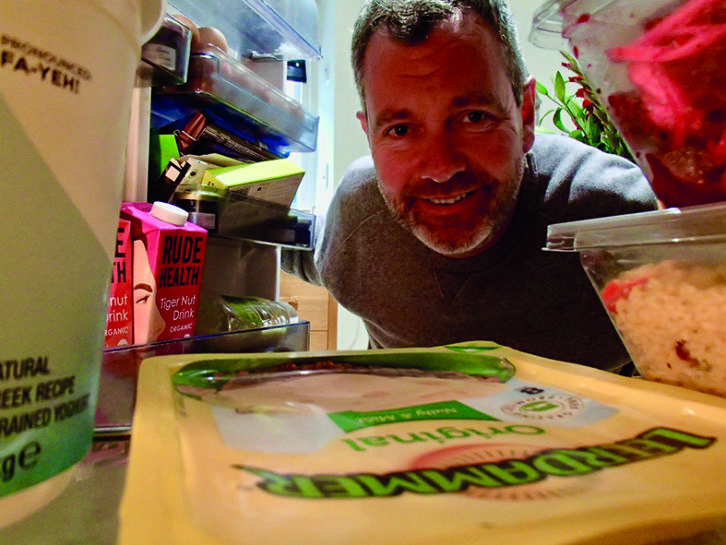
Replace outdated or damaged carpets by buying off-cuts and binding, fringing or serging (overstitching) the raw edges.
Many motorhomes are stolen from outside the home (only a small number are taken from purpose-built secure facilities), so always make sure your vehicle is as secure as possible.
No matter where you choose to store your vehicle, you can’t have too many security devices – having one of the best motorhome wheel clamps, steering wheel l0cks and more are well worth fitting. You might also find they’re required to keep your insurance valid.
Keep your motorhome fridge fresh while the vehicle is in storage, by placing a tub of baking soda inside the fridge, with holes punched in the lid.
Always leave your fridge door ajar during lay-over periods. Many models have a latching system to achieve this.
A solution of one teaspoonful of baking soda to half a litre of warm water also makes a useful cleaning agent.
Protect surfaces of non-stick pans in your kitchen drawers and cupboards by separating them with a paper plate.
If you liked this… READ THESE:
10 great citybreaks in the UK and Europe
Motorhome servicing: DIY tasks
If you’ve enjoyed reading this article, why not get the latest news, reviews and features delivered direct to your door or inbox every month. Take advantage of our brilliant Practical Motorhome magazine SUBSCRIBERS’ OFFER and SIGN UP TO OUR NEWSLETTER for regular weekly updates on all things motorhome related.
Future Publishing Limited, the publisher of practicalmotorhome.com, provides the information in this article in good faith and makes no representation as to its completeness or accuracy. Individuals carrying out the instructions do so at their own risk and must exercise their independent judgement in determining the appropriateness of the advice to their circumstances. Individuals should take appropriate safety precautions and be aware of the risk of electrocution when dealing with electrical products. To the fullest extent permitted by law, neither Future nor its employees or agents shall have any liability in connection with the use of this information. You should check that any van warranty will not be affected before proceeding with DIY projects.
Heading away in the 'van for more than 30 consecutive days? Remember to let your home insurance company know before you travel.
